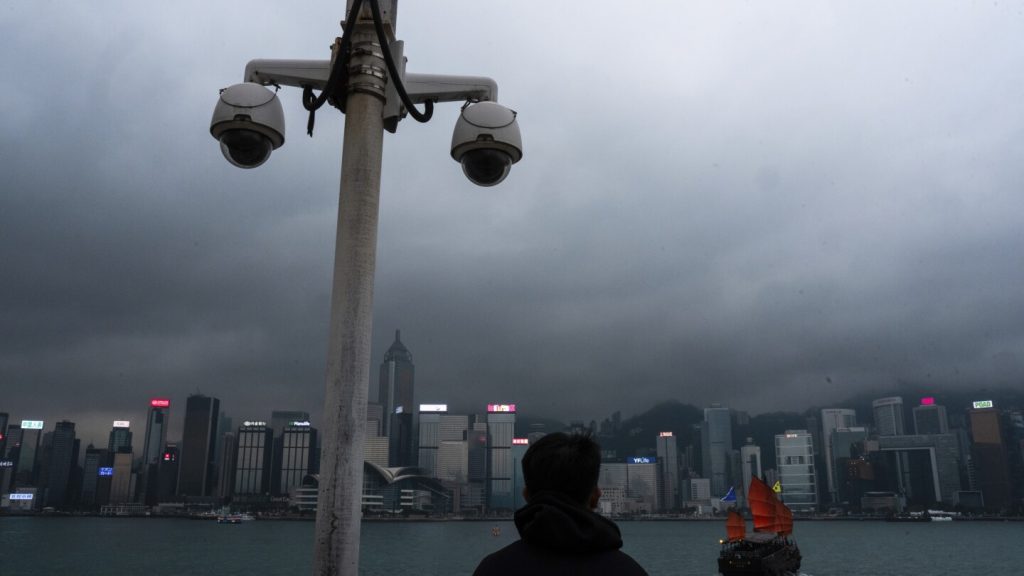The president of Radio Free Asia announced on Friday that their Hong Kong bureau has been closed due to safety concerns surrounding the new national security law, raising concerns about the city’s media freedoms. The move is seen as a result of the narrowing space for a free press in Hong Kong following the enactment of the Safeguarding National Security Ordinance, also known as Article 23. The shutdown of RFA’s Hong Kong bureau has been met with criticism from Rep. Gregory Meeks, who views the new law as an escalation of efforts to suppress free speech.
Reporters Without Borders expressed concern over the chilling effect of the new security law, urging democracies to pressure Chinese authorities to restore press freedom in Hong Kong. The city, once known for its media freedom, has drastically changed since the introduction of the security law in 2020. Critical news outlets like Apple Daily and Stand News were forced to shut down following the arrests of their senior management. Hong Kong’s ranking in the World Press Freedom Index has also declined significantly.
The new security law expands the government’s power to suppress challenges to its rule, targeting offenses such as colluding with external forces and disclosing state secrets. Journalists fear that the broadly framed law could criminalize their work, leading to a further decline in media freedom. RFA, funded by the U.S. Congress, has faced backlash from the Hong Kong government for its coverage of the national security law and other issues.
In response to criticisms and concerns, Hong Kong’s security minister dismissed allegations of targeting the media in the new legislation, stating that any violations of the law should be assessed on a case-by-case basis. The government defended the law, emphasizing that it only targets a small minority who endanger national security and that most journalists will not inadvertently violate it. RFA’s president assured audiences in Hong Kong and mainland China that the closure of the bureau would not disrupt their content, as the organization plans to adapt its journalistic model for closed media environments.
While no arrests have been announced under the new law, the Hong Kong government has condemned international media outlets for their reporting on the law and related issues. Tang, the security minister, criticized the BBC and The New York Times for their coverage, suggesting that they were misleading or contained false information. This pushback from the government underscores the challenges faced by media organizations operating in Hong Kong under the new security law, which has raised concerns about the future of press freedom in the city.


